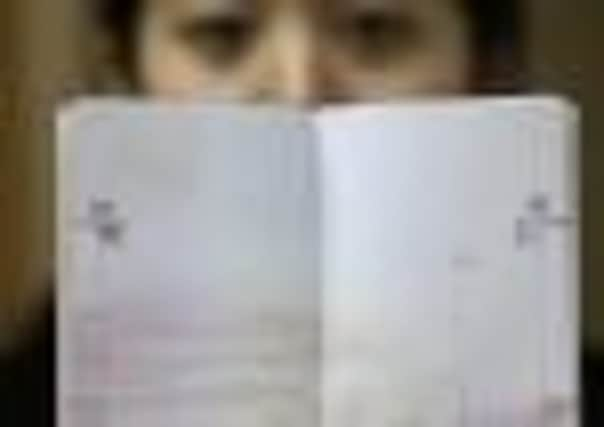Chinese passports become weapons in borders disputes


China’s new microchip-equipped passports contain a map that show it staking its claim on the entire South China Sea and even Taiwan – it also shows as its territory two Himalayan regions that India also claims.
The map means countries disputing the Chinese claims will have to stamp microchip-equipped passports of countless visitors, in effect acquiescing to the Chinese point of view.
Advertisement
Hide AdAdvertisement
Hide AdIn response, India is issuing visas stamped with its own version of the borders.
“The correct map of India is stamped on to visas being issued on such passports,” a government source said yesterday.
China’s long-standing territorial disputes with Japan and south-east Asian neighbours have grown heated in recent months.
On Thursday, the Philippines responded angrily to the new passports, saying Chinese carrying the document would be violating Philippine national sovereignty.
India and China fought a brief, high-altitude border war in 1962.
The nuclear-armed neighbours have held multiple rounds of talks to resolve their disputed Aksai Chin and Arunachal Pradesh regions where they fought the war, but have made little progress.
The passport map also highlights China’s long-standing claim on the South China Sea in its entirety, though parts of the waters also are claimed by the Philippines, Vietnam, Taiwan, Brunei and Malaysia.
Philippine foreign secretary Albert del Rosario told reporters in Manila yesterday that he sent a note to the Chinese embassy that his country “strongly protests” at the image. He said China’s claims include an area that is “clearly part of the Philippines’ territory and maritime domain”.
Advertisement
Hide AdAdvertisement
Hide AdThe Vietnamese government said it had also sent a diplomatic note to the Chinese embassy in Hanoi, demanding that Beijing remove the “erroneous content” printed in the passport.
Ruling party and opposition MPs alike condemned the map in Taiwan, a self-governed island that split from China after a civil war in 1949. They said it could harm the warming ties the historic rivals have enjoyed since Ma Ying-jeou became president four years ago.
“This is total ignorance of reality and only provokes disputes,” said Taiwan’s mainland affairs council, the cabinet-level body responsible for ties with Beijing. The council said the government cannot accept the map.
In Beijing, Chinese foreign ministry spokeswoman Hua Chunying told a daily news briefing that China has selected the maps as background on the inside pages of the passports issued by the ministry of public security in May.
“The design is not targeting a specific country,” Ms Hua said. “We hope that the relevant countries take a rational and sensible attitude … to avoid causing interference with normal Sino-foreign personnel exchanges.”